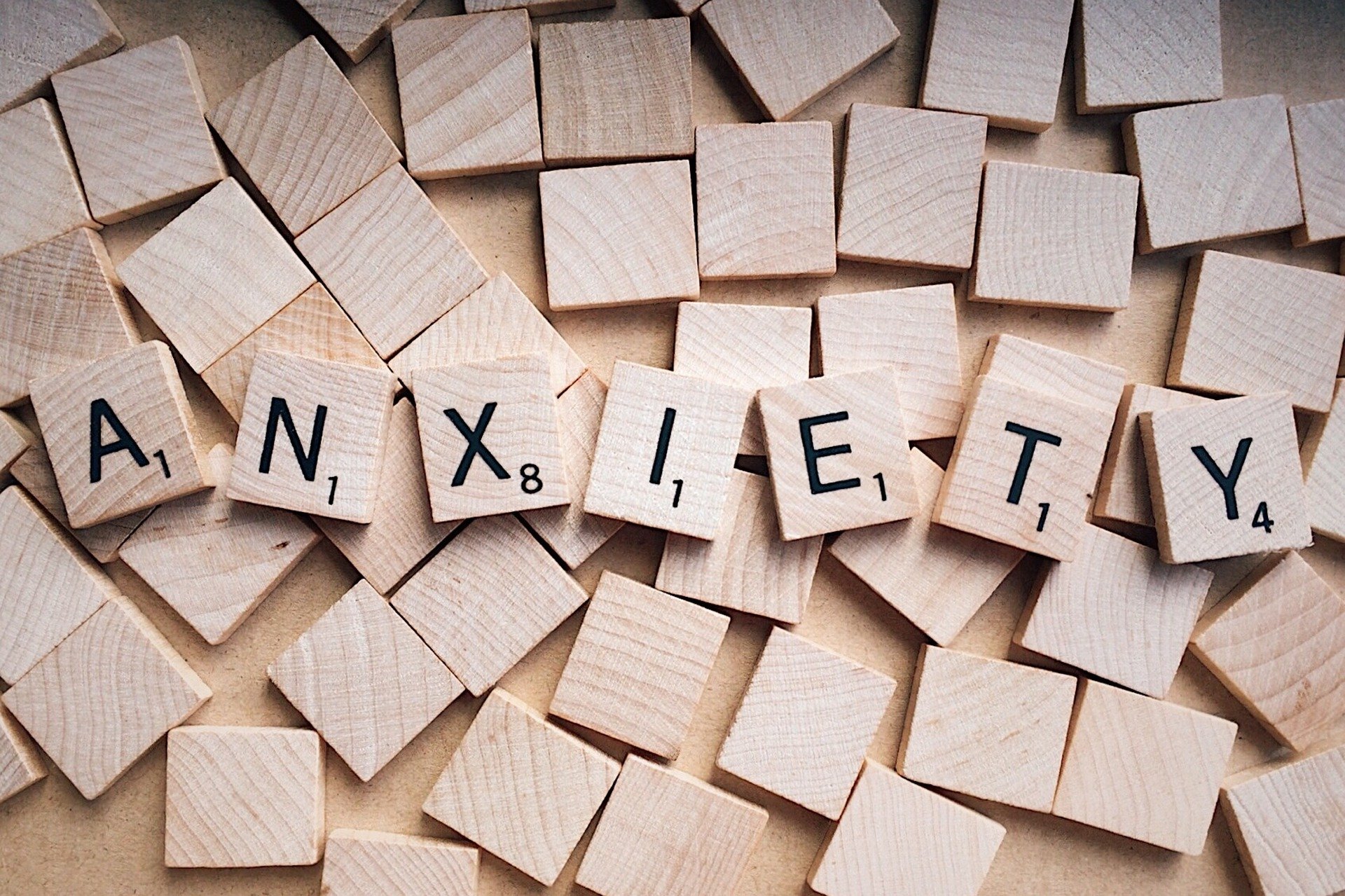Anorexia Nervosa: Understanding, Causes, and How to Overcome It
Anorexia nervosa is a serious eating disorder that affects millions of individuals worldwide. It is characterized by an intense fear of gaining weight, leading to extreme restrictions on food intake, and a distorted body image. This condition can have severe physical and psychological consequences if left untreated. In this article, we will explore what anorexia nervosa is, why it affects people, and how to overcome it.
What is Anorexia Nervosa?
Anorexia nervosa is a mental health disorder that primarily affects eating behavior. People with anorexia often have an overwhelming fear of gaining weight or becoming “fat,” even if they are dangerously underweight. This leads them to adopt extreme dieting behaviors, including severe calorie restriction, excessive exercise, and sometimes purging behaviors like vomiting or using laxatives.
The symptoms of anorexia nervosa include:
- Extreme weight loss
- Obsession with food, dieting, and body shape
- Fear of gaining weight
- Distorted body image, where individuals may perceive themselves as overweight despite being underweight
Physical signs such as brittle bones, hair thinning, and fatigue
Why Are People Affected by Anorexia Nervosa?
Anorexia nervosa is a complex condition with multiple contributing factors. While the exact cause is still not fully understood, there are several known factors that can increase the risk of developing anorexia:
- Genetics: Family history plays a significant role in the development of anorexia. People with a family history of eating disorders or other mental health conditions may be more likely to develop anorexia themselves.
- Psychological Factors: Individuals with anorexia often struggle with anxiety, depression, or low self-esteem. A perfectionist personality and the need to control one’s environment can contribute to disordered eating patterns. People with anorexia often see it as a way to gain control over their lives, especially during times of stress.
- Sociocultural Factors: Societal pressure to conform to unrealistic beauty standards, often portrayed in media and fashion, can lead to body dissatisfaction. These pressures are particularly strong among adolescents and young adults, leading to an increased risk of eating disorders like anorexia.
4. Trauma or Life Stressors: Traumatic experiences such as abuse, bullying, or major life changes can trigger the development of anorexia. For some, dieting and weight loss become coping mechanisms for emotional pain or stress.
5. Biological Factors: Hormonal imbalances or issues with neurotransmitters in the brain can also contribute to the onset of anorexia nervosa. Research is ongoing to better understand these biological factors.
How to Overcome Anorexia Nervosa?
Overcoming anorexia nervosa requires a comprehensive treatment approach that addresses both the physical and psychological aspects of the disorder. The journey to recovery is often challenging, but it is possible with the right support. Here are some steps to help individuals overcome anorexia:
- Seek Professional Help
The first step in overcoming anorexia is to seek professional treatment. A team of healthcare providers, including doctors, therapists, dietitians, and psychiatrists, is essential for managing the disorder. Treatment may involve medical care to address malnutrition and physical complications, as well as psychotherapy to address underlying emotional issues. Homeopathy has a better scope in treating Anorexia Nervosa by exploring the underlying cause.
- Cognitive Behavioral Therapy (CBT)
Cognitive Behavioral Therapy (CBT) is one of the most effective therapeutic approaches for treating anorexia nervosa. CBT helps individuals identify and change negative thought patterns and behaviors related to food, weight, and body image. Therapy can also help individuals develop healthier coping strategies and improve their self-esteem.
- Nutritional Rehabilitation
Nutritional rehabilitation is a critical component of treatment. A registered dietitian will work with individuals to gradually restore healthy eating patterns and promote weight gain in a safe and controlled manner. Education about nutrition and healthy eating habits is crucial to breaking the cycle of restrictive eating.
- Support from Family and Friends
Family-based therapy (FBT) can be highly effective, especially for adolescents with anorexia. Involving family members in the recovery process provides emotional support, helps educate loved ones about the disorder, and promotes positive change in the home environment. A supportive network of friends and family can make a significant difference in recovery.
- Medications
In some cases, medications may be prescribed to treat co-occurring mental health conditions, such as anxiety or depression, which often accompany anorexia nervosa. Homeopathy does wonders in treating this ailment.
- Addressing Underlying Issues
It’s essential to address the root causes of anorexia, such as emotional distress, trauma, or societal pressures. Addressing these issues can help prevent relapse and promote long-term recovery.
- Patience and Persistence
Recovery from anorexia nervosa takes time, and individuals may experience setbacks along the way. It’s important to remain patient and stay committed to the recovery process. With perseverance, individuals can learn to develop a healthier relationship with food, body image, and themselves.
Read also: What is Resilience? Tips to overcome it
Conclusion
Anorexia nervosa is a complex eating disorder with profound psychological and physical effects. While it is most common among adolescents and young women, it can affect individuals of all ages and backgrounds. Understanding what anorexia is, why it affects people, and how to overcome it is essential in the fight against this devastating disorder.
With early intervention, professional treatment, and the support of loved ones, individuals can successfully recover from anorexia nervosa and reclaim their health and well-being. If you or someone you know is struggling with anorexia, it’s important to seek help immediately. With the right support, recovery is possible.
Keywords: Anorexia nervosa, eating disorder, psychological causes, treatment for anorexia, cognitive behavioral therapy, overcoming anorexia, mental health, body image, weight loss, anorexia recovery, nutritional rehabilitation.
Tips to improve your confident levels
Obesity Management and tips to lose weight at home
Causes of Obesity and practical tips for weight loss
Shadow of Intelligence & powerful enemy,Mental health awareness,Anxiety disorder
Share this post: on Twitter on Facebook on LinkedIn





